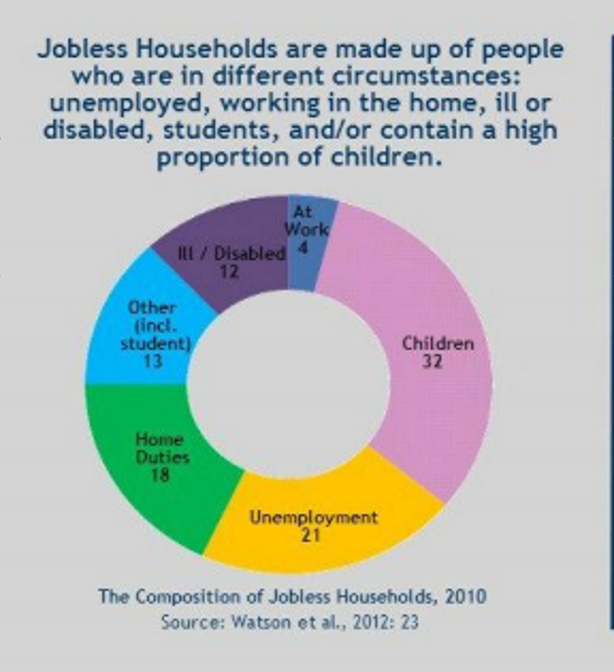Over 9,000 families are to lose their One-Parent Family Payment next month when a previously announced measure comes into effect.
*Over 9,000 families are to lose their One-Parent Family Payment from today, when a previously-announced measure comes into effect.
The Department for Social Protection has said the reforms are designed to get lone parents out of the poverty trap and into work.
Most recipients will transfer to Jobseeker's Allowance, while some families may be moved to an increased Family Income Supplement payment or Carer's Allowance payment.
*Over 9,000 families are to lose their One-Parent Family Payment from today, when a previously-announced measure comes into effect.
Changes to the eligibility criteria for the payment were announced two years ago, gradually reducing the number of those receiving the benefit.
The change is dependent on the age of the claimant's children, along with when the payment began.
Those who have relied on the payment will be offered a range of supports by the department.
By this time next year almost 60,000 families will have lost the One-Parent Family Payment.
Keywords: one-parent family payment
The change is dependent on the age of the claimant’s children, along with when the payment was first commenced.
From 3 July 9,100 families will no longer receive the payment.
The Department of Social Protection says those affected will be contacted this month to explain the change and to offer further assistance if needed.
Most recipients will transfer to Jobseekers Allowance, while some families may be moved to an increased Family Income Supplement payments or Carer's Allowance payment.
Reform Alliance Senator Fidelma Healy Eames raised this issue in the Seanad today.
-----------
*Nearly a quarter of households in Ireland can be described as "jobless" compared with a European average of 11%.

-----------
*Nearly a quarter of households in Ireland can be described as "jobless" compared with a European average of 11%.
That is according to a report by the National Economic and Social Council, which acts as an analyst on economic and social issues.
Jobless households are where no-one in the household is working or only has very limited access to work. Around 23% of Irish households fall under this category.
The report suggests the issue will not be resolved through a single solution, but through a package of supports.
It examines the characteristics of jobless households and finds that those who live in jobless homes are more likely to have no educational qualifications, to have never worked or to be unskilled.
Dr Helen Johnston, the report’s author, said a distinguishing feature of the households is the likelihood they are families with children and are at high-risk of poverty.
As a result, many jobless homes run for generations.
The National Economic and Social Council has said that a wide range of responses is needed from improving adult literacy to better services for people with disabilities.
The report also says the Government must address the obstacles faced by people transferring from social welfare to employment.
In response, Taoiseach Enda Kenny said one of the Government's priorities is to dismantle the passive welfare system that abandoned such large numbers of households to lifelong dependency on the State.
Infographic: National Economic and Social Council


No comments:
Post a Comment